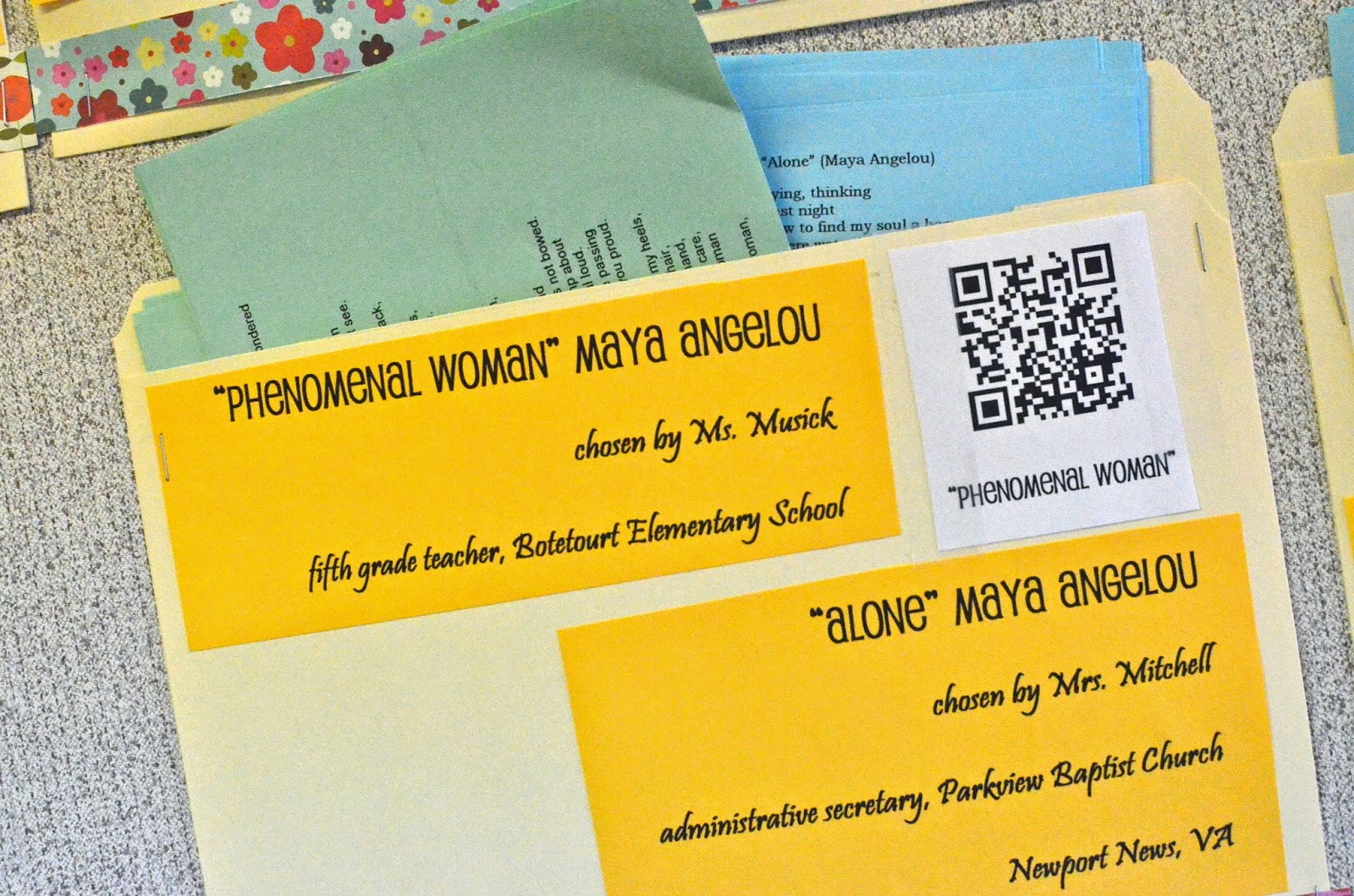One of my Christmas gifts to myself was to read Brown Girl Dreaming from cover to cover. I read about a quarter of it when it first arrived in the library, but I wanted to wait until the winter break and after my Longwood classes were finished. I wanted a clear space in my head to fill with Woodson's poetry. I wanted to binge on everything I love about the South.
I am taking a break on page 191 to write this.
Page 191 opens with, "My grandmother's kitchen is the same/ big and yellow and smelling of the pound cake/ she's made to welcome us back."
Those three lines got me good, so I had to stop. And blow my nose. And pet my cat. And blow my nose again.
I miss my grandparents every day. Every single day. There's a special kind of longing when Christmas is around the corner. I bet you know just what I'm talking about. I know I'm not alone.
My grandmother's kitchen was the same throughout my memory. It was also yellow and often smelling of cake and full of welcome. It was the first room you came to as you stepped in from the porch. Desserts were often tailored to celebrate a holiday or family member. The happy yellow of that kitchen, the tall glasses filled with half-moons of ice waiting for the tea to pour, the perpetually operating oven, the bleach-clean white of the sink with the dish rag laid just so in between meals, the asparagus left forgotten in the microwave until the table was cleared, the breadbox with Mr. Goodbars inside. We all have those slivers of tiny images in our mind's eye that add up to something wonderful.
The magic of the kitchen. There's nothing like it. When their house was sold, the kitchen was still the same. It was a comfort and has become a place I often dream about, when I am not dreaming about their summer garden. I wish I had nicked a chip of the yellow wall, but I did my best to commit the small room to memory.
There's a strange satisfaction knowing that such a beloved place will become the backdrop for another family's memories. I loved driving past the house after it sold and imagining new folks eating in the kitchen, watching t.v. in the den and gazing at the traffic whizzing by just outside of the huge living room window. Even if it wasn't the same, I could pretend that the kitchen hadn't changed.
 |
| The land where my grandparents' home stood. |
 |
| The Dollar General on Jefferson Ave. |
But when I read those three lines tonight, I just wanted to pretend that tonight the dishes are all done. Tins of chocolate chip cookies, spiced pecans, divinity and other treats sit cooling on the porch. My grandparents are in the den watching the news. The light above the kitchen sink is glowing above the asphalt driveway. The Christmas tree in the living room is dressed and blinking. My grandparents are thinking about having a dish of ice cream, Breyer's vanilla in particular. And the sound of car tires cutting through water at 55 mph is on a continuous loop.
What a treat it is to have such lovely memories, to have a family that is so present and to have that nosey eye of a writer as a child. There are so many tiny details of everyday living that I have stored away. Now and then I polish a memory up a bit before sending it back to the archives.
Those "me too" moments are part of what keeps us reading, and I'm so thankful to Ms. Woodson for that bit of comfort tonight.
 |
| My grandparents' azalea is still thriving on the edge of the Dollar General parking lot. |





















